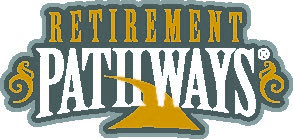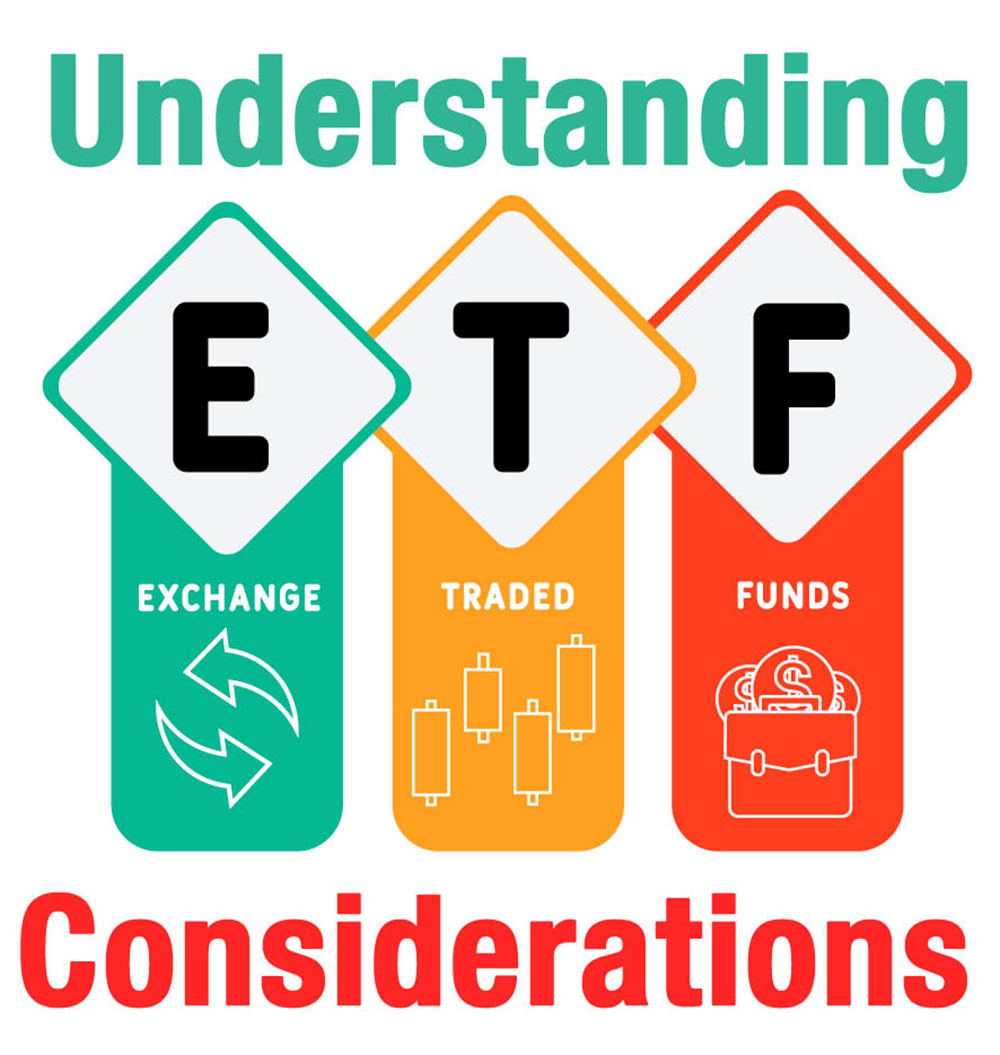SUBSCRIBE
Enter your Name and Email address to get
the newsletter delivered to your inbox.
Please include name of person that directed you to my online newsletter so I can thank them personally.


Dianne Williams Wildt, MBA
Certified Retirement Counselor®
Since 1983 in the financial services and investment industry
Retirement Pathways, Inc.
4500 Bowling Blvd., Suite 100
Louisville, KY 40207
Phone: 502-797-1258
Email: dianne@retirementpathways.com
Website: www.retirementpathways.com

Investors who are looking for a low-cost investment that offers diversification and tax efficiency may want to consider exchange-traded funds (ETFs)*. ETFs consist of a diversified basket of securities that typically track an index, such as the S&P 500. Purchasing an ETF can give you exposure to an entire industry or sector of the economy. There are many considerations to understand before investing in this or any particular investment.
Sounds Like a Mutual Fund
Both ETFs and mutual funds are managed by SEC-registered investment companies that allow investors to pool their money to buy a professionally managed fund consisting of stocks, bonds, or other assets. Both require a low minimum investment. Investors make money through dividend payments, capital gains distributions and increases in the value or market price of the fund, less sales charges, fees, and expenses.
Mutual fund shares are purchased from and sold back to the fund at their net asset value (NAV), which is calculated at the end of the trading day. You won’t know the exact share price until after the markets close. Fees and expenses for buying, selling, or exchanging shares are charged directly to investors.
*Investors should consider the investment objectives, risks, charges and expenses of the fund carefully before investing. Contact the issuing firm to obtain a prospectus which should be read carefully before investing or sending money. Because fund values fluctuate, redeemed shares may be worth more or less than their original value. Past performance won’t guarantee future results. An investment in ETFs may result in the loss of principal.
Enter your Name and Email address to get
the newsletter delivered to your inbox.
Please include name of person that directed you to my online newsletter so I can thank them personally.
Enter your Name, Email Address and a short message. We'll respond to you as soon as possible.
Investment advisory services offered through American Capital Management, Inc., a State Registered Investment Advisor. Retirement Pathways, Inc. is independent of American Capital Management, Inc.
Retirement Pathways, Inc. and LTM Marketing Specialists LLC are unrelated companies. This publication was prepared for the publication’s provider by LTM Client Marketing, an unrelated third party. Articles are not written or produced by the named representative.
The information and opinions contained in this web site are obtained from sources believed to be reliable, but their accuracy cannot be guaranteed. The publishers assume no responsibility for errors and omissions or for any damages resulting from the use of the published information. This web site is published with the understanding that it does not render legal, accounting, financial, or other professional advice. Whole or partial reproduction of this web site is forbidden without the written permission of the publisher.